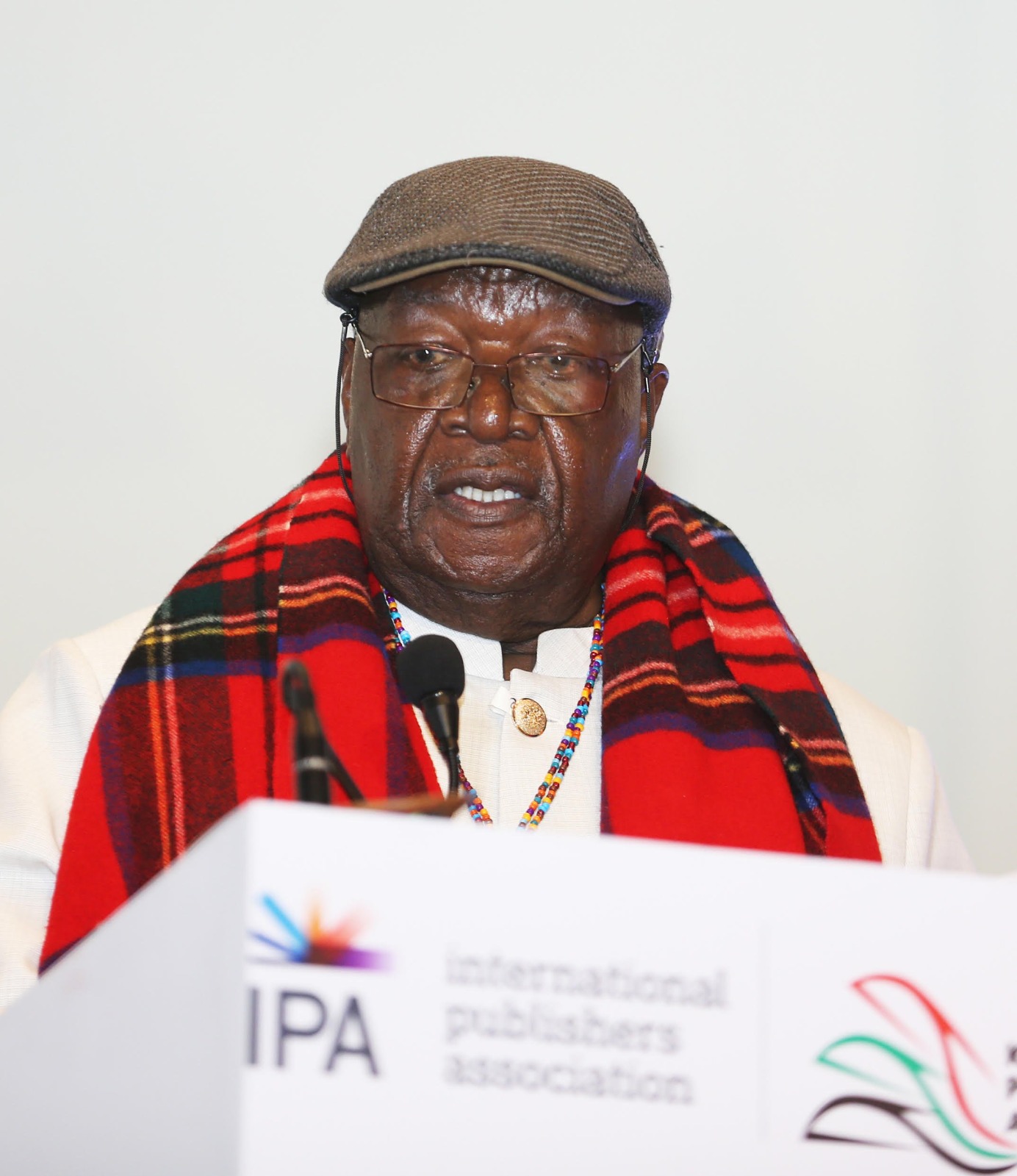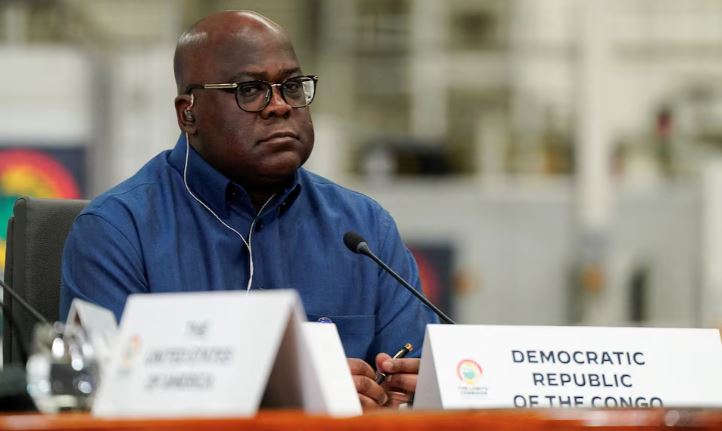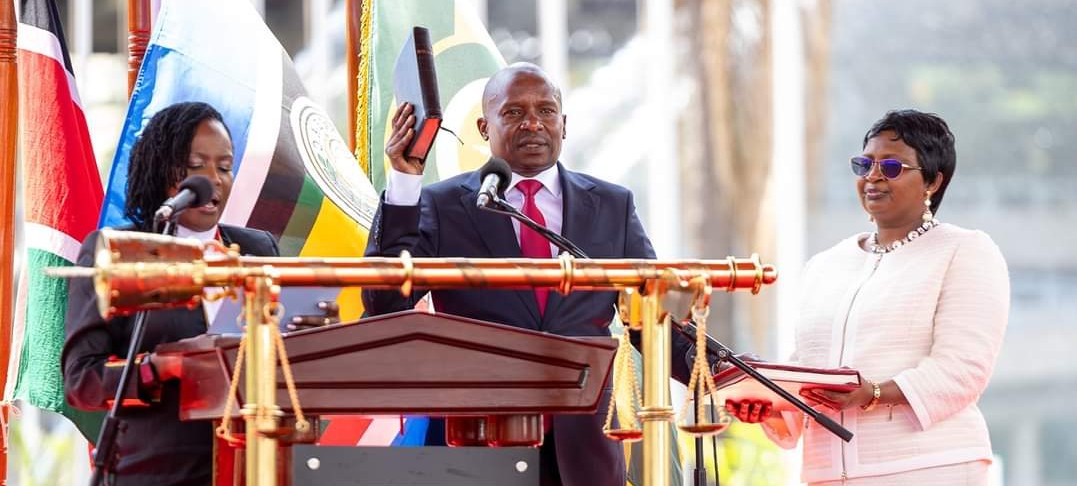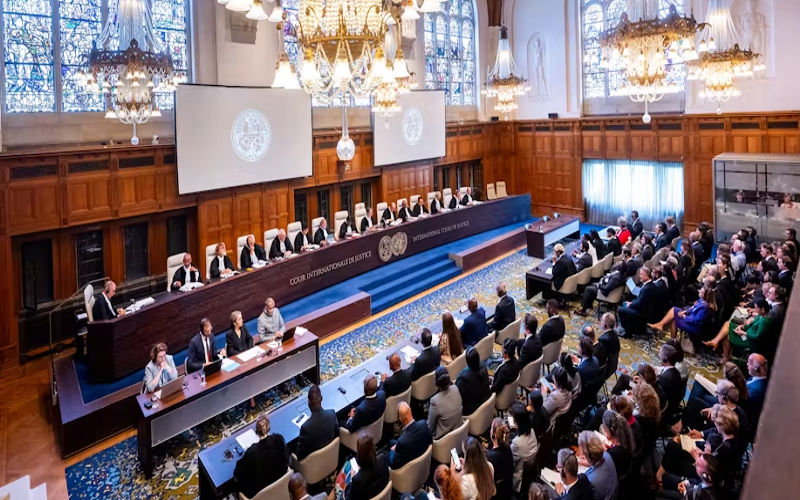Remembering Chakava: The man who gave a voice to a new generation of African writers

In 1992, Chakava took over the Kenyan establishment which went by the name East African Educational Publishers (EAEP). Later, he expanded his business with establishments in Uganda and Tanzania.
At the dawn of Kenya’s independence and even before, publishers were mostly interested in manuscripts that tried to demystify the African culture, especially those that juxtaposed it against the influence of colonialism.
Most of the writings, by popular writers like Chinua Achebe and Ngũgĩ wa Thiong'o, delved into the erosion of African cultural beliefs or religious intrusion.
More To Read
Many budding authors struggle to gain recognition because publishers rarely show interest in writers who focus on other diverse themes.
But the late Henry Chakava, who died on March 8th at the age of 77, stands out as one who chose to focus on other issues that publishers had to say about Africa. He even advocated for neglected authors.
He focused on publishing books, particularly in East Africa, and has been called "the father of Kenyan publishing.”.
And he significantly contributed to the cultural advancement of Kenya and Africa. It is no mere coincidence that some of Africa's most celebrated writers, including Chinua Achebe, Ngugi wa Thiong’o, Elechi Amadi, Kekelwa Nyaywa, Okot p’Bitek, Marjorie Oludhe McGoye, Katama Mkangi, Micere Mugo, Grace Ogot, Jaramogi Oginga Odinga, Jomo Kenyatta, Yusuf K. Dawood, Peter Abrahams, and numerous others, benefitted from his immensely gifted editorial guidance.
In the aftermath of Kenya's independence, foreign publishers dominated the literary scene. Chakava, however, embarked on a transformative journey with Heinemann East Africa, reshaping it into a bastion for the promotion of African cultural heritage. In a landscape where Afro-centric literary works were largely neglected, he steered the British-owned company towards Kenyan ownership and management, rechristening it East African Educational Publishers. This metamorphosis propelled it to become the foremost African-owned publishing entity on the continent and globally, a testament to Chakava's vision and leadership.
While the parent company, London-based Heinemann Publishers, faded into obscurity, Chakava's imprint on the literary world continued to flourish. Despite the prevalent use of English as the language of power in Kenya's government, education, and commerce, he recognised the importance of Kiswahili. Under his stewardship, East African Educational Publishers made significant strides in promoting Kiswahili literature, surpassing any other publishing house of its time and enduring until today.
Not only did Chakava champion Kiswahili by introducing new school texts in the language, but he also facilitated the translation of numerous books in the Heinemann African Writers Series into Kiswahili.
Also, he extended his support to other African languages by publishing new texts, thereby enriching the literary landscape and fostering linguistic diversity. Through his dedication, Chakava left an indelible mark on the publishing industry, shaping the narrative of African literature for generations to come.
Later, he expanded his business with establishments in Uganda and Tanzania.
Kiarie Kamau, the managing director and CEO of EAEP, says he had the honour of meeting Chakava a few times.
“If I'm not wrong, the first time we met was during a Worldreader-organised publishers' event. He gave me his EAEP business card and invited me to visit him in his office sometime. The publishing giant left me rather perplexed as he did not provide an agenda or a specific date for the meeting. I felt I shouldn't visit him without a substantial work-in-progress that I could pitch,” says Kamau.
Chakava was the founder and chairman of EAEP, as well as the chairman of the Global Book Alliance.
Kiarie also describes the late, renowned publisher as the father of book publishing in Africa.
“Chakava and I always got along. We even agreed on the importance of promoting indigenous languages, as they are essential to our culture and heritage," Kiarie says.
Chakava once remarked, “We cannot create a reading culture without bookstores and libraries. Countries such as Denmark, Finland, and Sweden have small populations but thriving publishing industries. Why not African nations, some of which have tribes larger than the aforementioned [countries’] national populations?”
What was always on Chakava’s mind was how to make vernacular publishing profitable and sustainable. He argued that the main reason many publishing associations had folded was their heavy reliance on foreign donor funding.
Top Stories Today













































